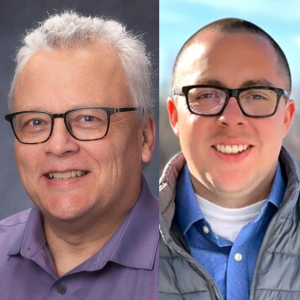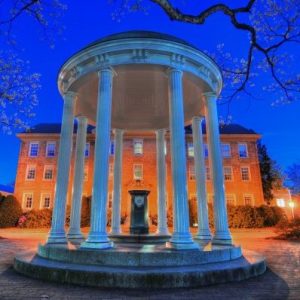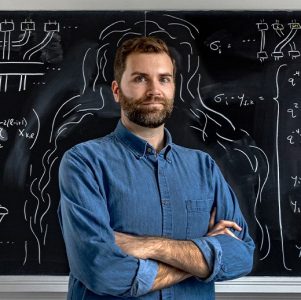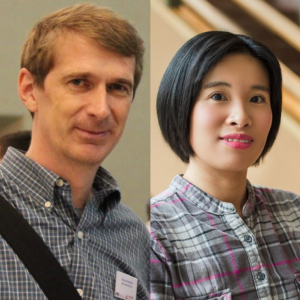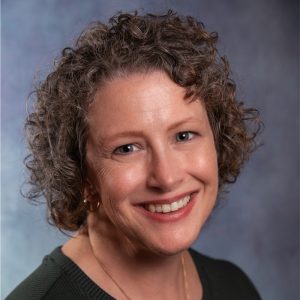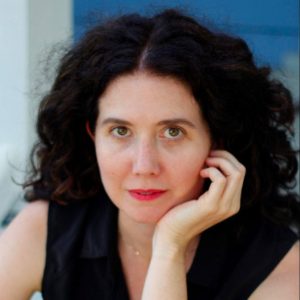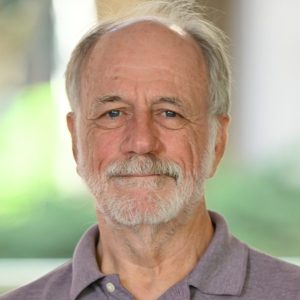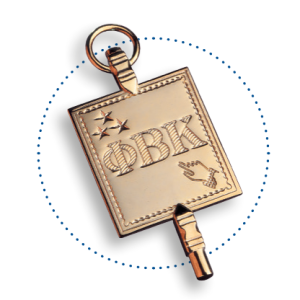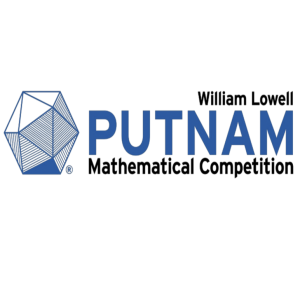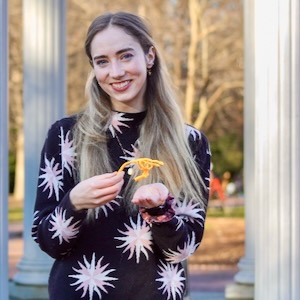A mathematics Ph.D. student in her final year, Giesbrecht, from Villa Hills, Kentucky, was drawn to Carolina’s mathematics department because of the opportunity for hands-on research in applied math.
“When I was looking for a graduate program, I wanted to use mathematical tools to answer biological questions that couldn’t be answered experimentally,” said Giesbrecht, who is also interested in developmental biology and fluid dynamics.
That curiosity for the world around her — and a reading assignment from a professor — led her to the topic of her doctoral research: the development of the embryonic heart.
“Before graduate school, I had no idea what the embryonic heart looked like or that it started working and pumping blood before it even remotely resembled a heart,” said Giesbrecht, who added that at this early stage — about six to eight weeks in humans — the heart looks more like a tiny tube and is about the size of a lentil.
She and other scientists wondered: What are the forces from the blood that the embryonic heart experiences when the heart is too small to be measured?
To answer that question, she turned to computational modeling.
“I’ve had the opportunity to build a comprehensive model from the ground up,” said Giesbrecht. She is advised by Boyce Griffith, professor of mathematics and biomedical engineering in the College of Arts and Sciences and collaborates with Michael Bressan’s laboratory in UNC School of Medicine’s department of cell biology and physiology.
In the Bressan Lab, she focuses on embryonic chick hearts, which are roughly the same size and shape as human hearts during early development.
After imaging the chick hearts, Giesbrecht uses mathematical equations to simulate blood flow through the developing heart. This led her to discover where friction between blood and the heart was the highest, which is also the place where some developmental defects can arise, she explained.
“My thesis project has made me realize that there are so many unanswered questions about the role blood-flow patterns play in heart development,” said Giesbrecht, who is now working on a model of a heart with unhealthy blood flow to compare with her first discoveries.
“It’s a really exciting field,” she said.
A science communicator, Giesbrecht is passionate about sharing her and others’ discoveries through her work with UNC’s Science Writing and Communication club and the Science Communicators of North Carolina.
“I think a beautiful goal of science communication is to provide a sense of wonder and optimism about the natural world and our ability to make the world a better place,” she said. “I also think of science communication as a potent tool to meet folks where they are and empower people to make informed decisions, especially in an age of misinformation.”
Giesbrecht was able to share her research on embryonic hearts with the Carolina community last year through the Three-Minute Thesis Competition. There, she condensed her six years of doctoral research into just 2 minutes 46 seconds.
Her presentation took home first place.
“It was such an exhilarating experience, especially since so many of my colleagues from the math department and other friends across UNC came out,” she said.
When she’s not working on her dissertation, Giesbrecht is spending time outdoors with her dog in Carrboro, where she has also started to forage for local plants and fungi.
As she approaches the end of her Ph.D. research, she shares that her favorite moments at Carolina have been the small ones: campus walks in the spring, lunch dates with friends and colleagues and, of course, her first moments delving into the world of heart research.
By Jess Abel, College of Arts and Sciences

